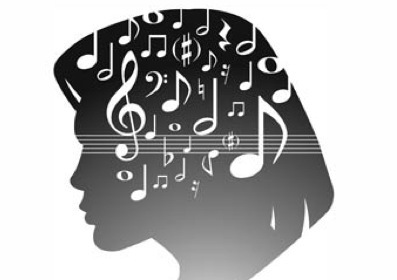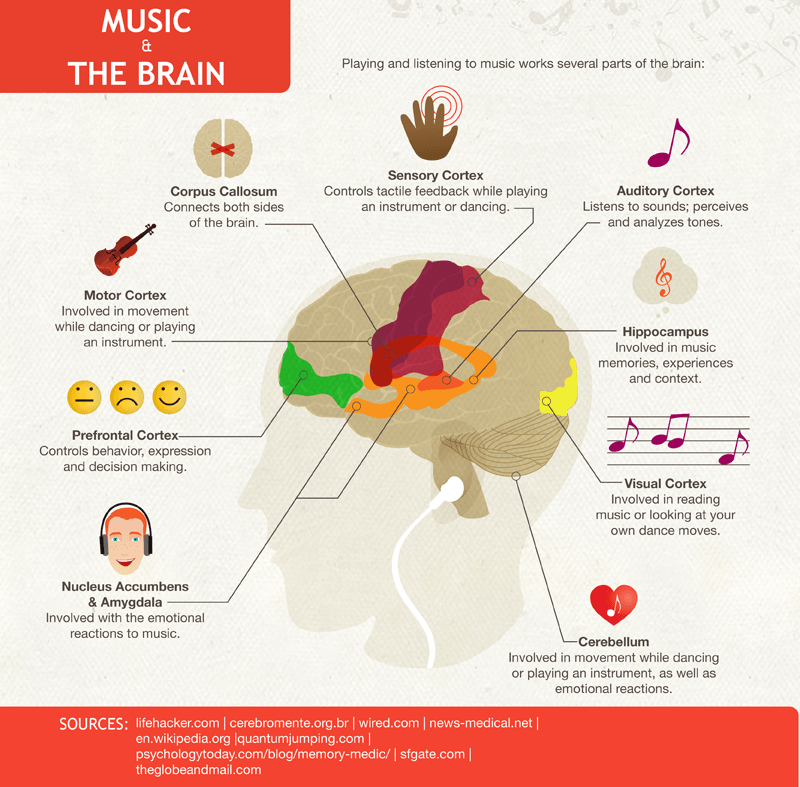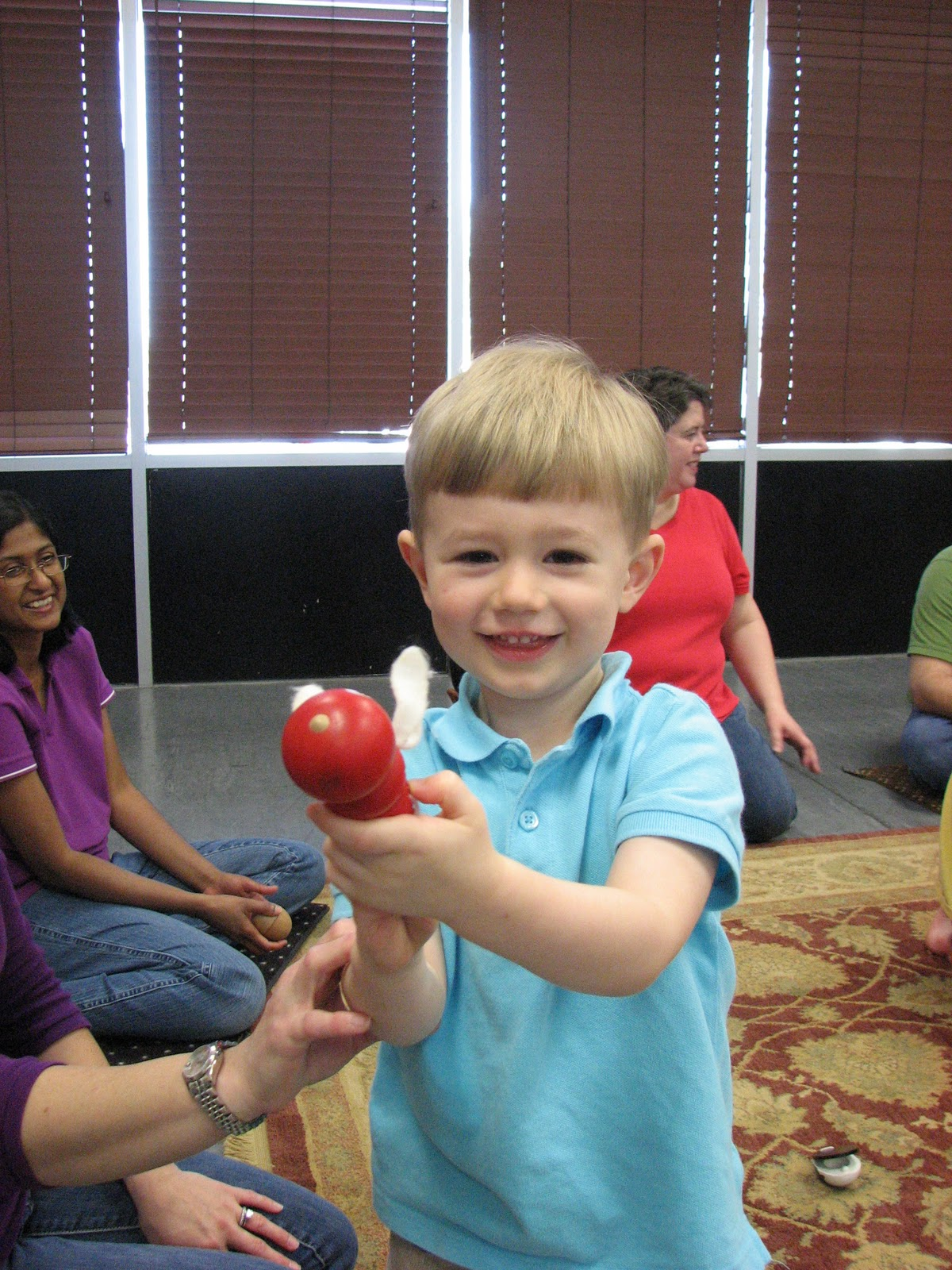 Growing up, but not all grown up yet – thankfully! The early years of childhood pass so quickly, and before you know it, your child has officially earned “big kid” status. The turbulence of the toddler years and the exuberance of the preschool years are past, and your big kid can mostly be described as composed, calm, cheerful, and capable. Big kids are eager, curious learners, and they love to share their ideas.
Growing up, but not all grown up yet – thankfully! The early years of childhood pass so quickly, and before you know it, your child has officially earned “big kid” status. The turbulence of the toddler years and the exuberance of the preschool years are past, and your big kid can mostly be described as composed, calm, cheerful, and capable. Big kids are eager, curious learners, and they love to share their ideas.
For a big kid, self-esteem, feeling capable, and doing things the “right way” all go hand-in-hand. They thrive on structure and affirmation, but they still need time to play and have fun. Big kids love being part of a group, and they crave friendship and acceptance from their peers, preferring to play and interact with others than to be by themselves. And while their thinking can be black-and-white, cognitively, they have made huge leaps in their ability to problem-solve and think more abstractly. Big kids tend to ask alot of “why” and “how” questions because they love to know a lot of facts. They love simple games, and having lots of time for creative play is very important. Movements are much more poised and controlled, and big kids loving showing off their new-found physical skills.
It is truly the age of opportunity for these learners-in-waiting. But it also a time not to be rushed through or passed over. The big kids years are a special time to settle in and enjoy the last phase of early childhood and to provide your child with experiences and opportunities that will set him up for success in school, in music, and in life.
That’s where Kindermusik comes in, providing a weekly class that satisfies the need to be part of a group, to learn new things, to play games, and to express oneself through music and movement. And in the middle of all of the fun and music-making, a very strong foundation is being laid for a successful transition to music lessons a little later on.
Here are four invaluable benefits of music for big kids:
1. Music exposes big kids to big, new ideas.
At this age, these eager learners are ready to be introduced to rhythms and rhythm patterns, music symbols, keyboards and dulcimers, and writing and composing their own music through hands-on and developmentally appropriate experiences. They can follow the story line of a work like “Peter and the Wolf” and identify the various motifs and instruments that are the hallmark of this beloved musical tale.
2. Music teaches big kids to be good listeners.
Focused listening and discriminatory listening are a big part of music. Listening for certain things in music or to certain music sounds as well as being able to distinguish between musical sounds and instruments develop listening skills. And while being a good listener is a musical skill, it’s also an extremely valuable life skill.
3. Music helps make the cognitive connections needed for nearly every kind of intelligence.
We all want our kids to be smart and to be successful, and music is the one common contributing factor in almost all of the nine types of intelligence. According to articles like this one and this one, it’s early experiences with music that best spark the brain connections and neural networks that actually shape the brain and impact how it will function later in life.
4. Music is one thing that stays in a child’s heart for forever.
There are lots of choices for early childhood – dance, sports, gymnastics, and more! But music is the one love, the one ability, that a child has the potential to carry with them all the way through their entire lives. Developing in your child a love and appreciation for music at an early age is a life-long gift you can give, and it’s something that will also carry with it special memories of the loved ones who made that gift possible.
 For parents…
For parents…
You want to give your child every advantage, and there’s truly no greater advantage you can give than music, especially in a program like Kindermusik. It’s the right activity at the right time, when your child is poised and ready to soak it all in and be enable to apply that knowledge to music lessons and musical experiences in the future. Kindermusik truly is the perfect foundation for lifelong learning.
And yet as profoundly as Kindermusik affects your child’s musical development, the musical learning is fun, pressure-free, and exactly what your child needs at a time when they can benefit from it the most.
“Music develops the appetite for learning and creates habits of self-discipline and personal tenacity which carry over into every facet of school. Young musicians are skilled at concentration, alertness, memory, and self-control. These attributes are basic for success in higher education, but more importantly, in succeeding at life.”
—The Joy of Inspired Teaching, by Tim Lautzenheiser, p. 55

Expose your child to the benefits of Kindermusik, the world’s leader in early childhood music and movement curricula. Try a Kindermusik class today!

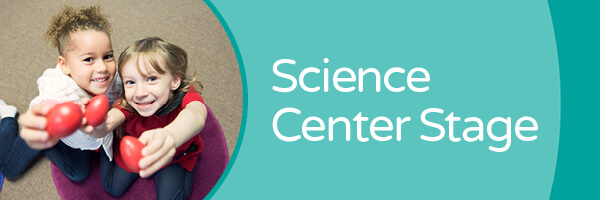
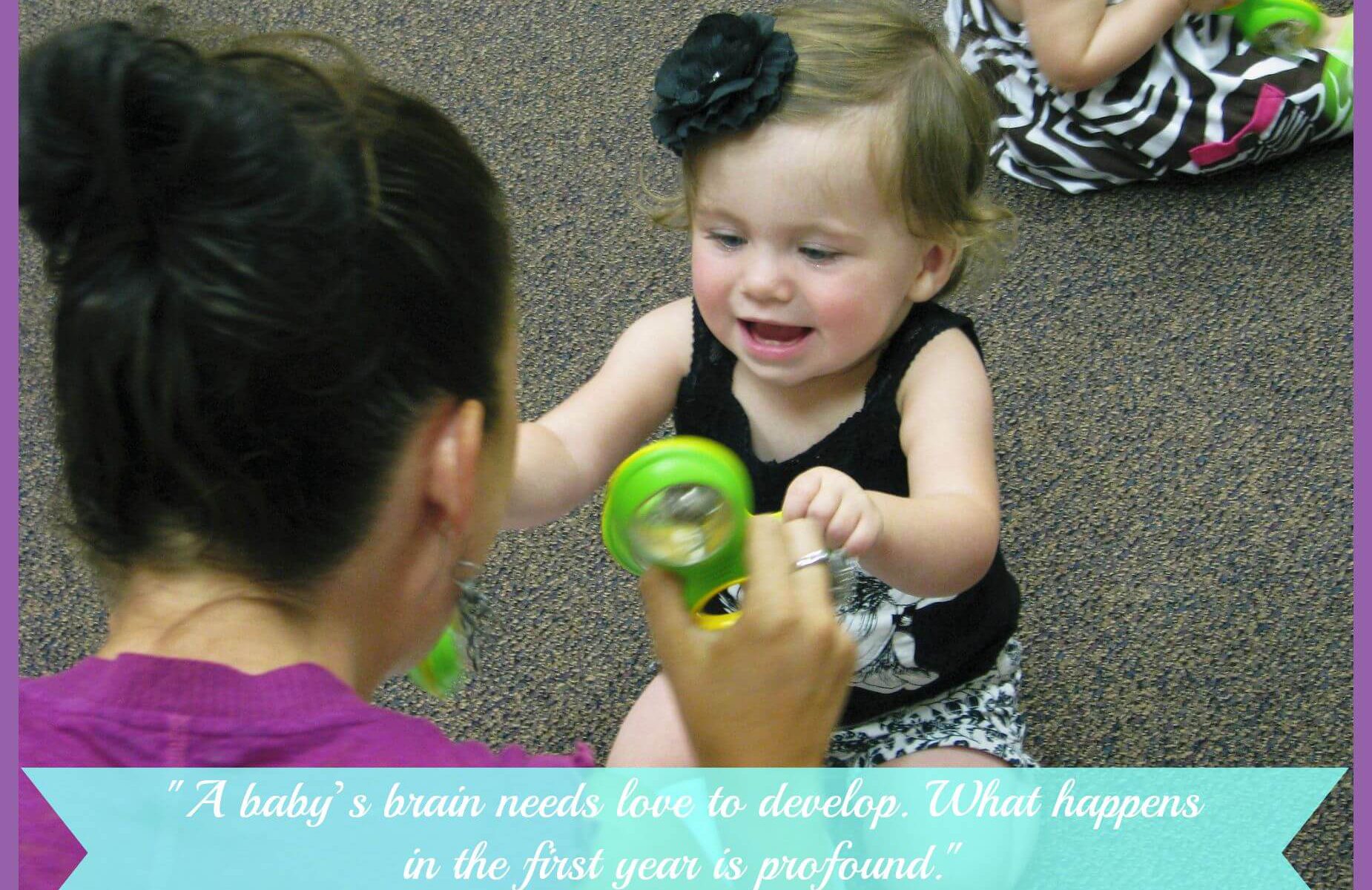

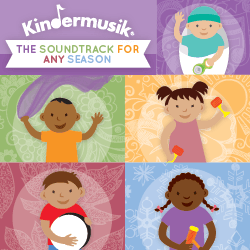
 Growing up, but not all grown up yet – thankfully! The early years of childhood pass so quickly, and before you know it, your child has officially earned “big kid” status. The turbulence of the toddler years and the exuberance of the preschool years are past, and your big kid can mostly be described as composed, calm, cheerful, and capable. Big kids are eager, curious learners, and they love to share their ideas.
Growing up, but not all grown up yet – thankfully! The early years of childhood pass so quickly, and before you know it, your child has officially earned “big kid” status. The turbulence of the toddler years and the exuberance of the preschool years are past, and your big kid can mostly be described as composed, calm, cheerful, and capable. Big kids are eager, curious learners, and they love to share their ideas. For parents…
For parents…
